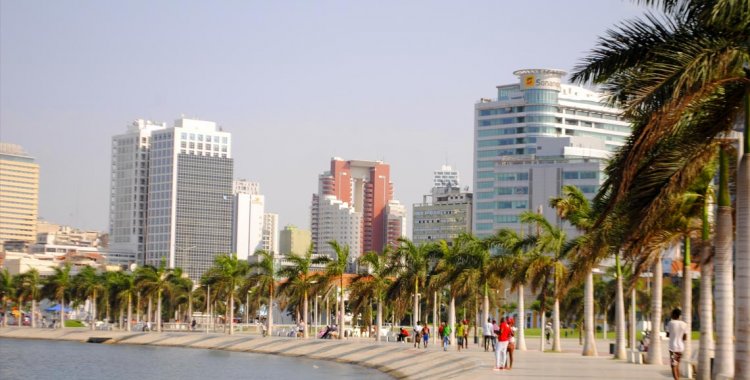"We forecast modest growth of 1.7 percent for Angola this year, after a five-year recession," wrote the analysts from the rating agency, backing their forecast on the "rise in domestic oil production and external demand, which will support the recovery of Angolan exports later in the year.
In an analysis of the main economies of southern Africa, sent to investors and to which Lusa had access, analysts from the rating agency owned by the same owners of consultancy Fitch Solutions wrote that expansion of 1.7 percent "is well below population growth, at 3.3 percent, which means that GDP per capita will continue to fall and popular dissatisfaction will increase".
Oil exports continued to fall in the first quarter of this year, "although they were up in March compared to February, and curfews and some restrictions on non-essential business will remain in place until at least May 10," the analysts pointed out.
These factors "will continue to hobble economic activity, which fell 5.8 percent in the third quarter of last year after a large contraction of 8.2 percent in the second quarter of 2020," they added.
Domestic demand will remain low due to the effects of the covid-19 pandemic, whose vaccination has yet to reach only 0.8 percent of Angolans, Fitch Ratings said, considering that "distributing vaccines to 33 percent of the population living in rural areas will be a logistical challenge."
For Fitch Ratings, "social discontent will continue to be the biggest source of political risk in Angola in the short term," as "painful reforms will continue to play a role in fusing short-term social stability risks, compounding the effects of a five-year recession".
For sub-Saharan Africa, Fitch predicted a "bumpy and tepid economic recovery, with growth in the regions remaining below historical averages."
Analysts at the 'rating' agency estimate the region to grow 2.9 percent this year, below the 4 percent average recorded between 2010 and 2019, but recovering from last year's historic 2.7 percent decline.
"Economic activity continued to recover in the largest sub-Saharan economies in the first quarter, albeit at a more moderate pace than in the last quarter of last year," they noted, noting that although there is not yet any data on growth from January to March, the index measuring business activity remained above 50 points in major markets, "indicating continued improvements in business activity."
However, they warned, "rising infection rates and the slow vaccination process will prompt governments to maintain restrictions on social distancing for most of the year, which will negatively influence consumer and business activity."
Fitch Ratings' comment comes in the same week that the International Monetary Fund (IMF) cut its growth forecast for Angola's economy from 3.2 percent to 0.4 percent, with the government expecting near-zero growth for this year, which is expected to mark the exit from the recession the country has been mired in since 2016, and comes after a 5.2 percent contraction in 2020, according to preliminary data from the National Statistics Institute.
The covid-19 pandemic has caused at least 3,020,765 deaths worldwide, resulting from more than 141.2 million cases of infection, according to an assessment by French news agency AFP.
The disease is transmitted by a new coronavirus detected in late 2019 in Wuhan, a city in central China.







